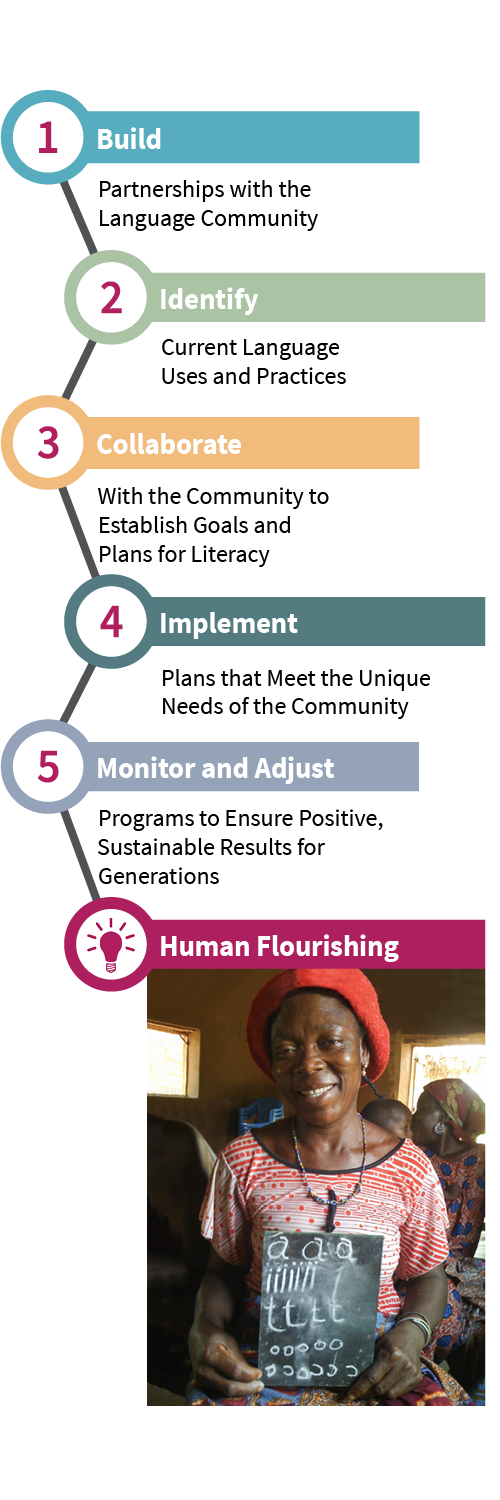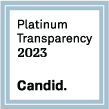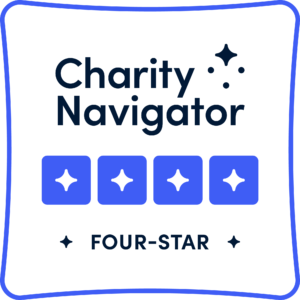Educational Development
What is
Literacy and Education?
Education is the foundation upon which successful futures are built. Often, education begins with literacy, but does not end there. Many of the communities in which ILAD works suffer from high rates of illiteracy and lack of educational opportunities. ILAD partners with communities to identify gaps in education and create opportunities to fill those gaps.
Literacy can mean traditional reading and writing, but can also include digital literacy, financial literacy, and, when needed, ESL. Beyond literacy, ILAD is involved in a wide range of educational initiatives including health, civics and citizenship, quality schools for children, and much more. The goal is that people will develop their knowledge and potential, and participate fully in their community and wider society.
Establishing Successful Educational Opportunities

Why Education Matters
Literacy and education go hand in hand. From something as simple as reading a road sign to the complexity of operating a successful business, literacy is fundamental to learning, understanding, and flourishing. As communities gain access to critical information, opportunities emerge for growth in health, economy and civil society.
Lack of information and illiteracy create a forced dependence on others, which can lead to:
- Economic Instability
- Poor quality of health
- Vulnerability to deception, exploitation, and abuse
- Lack of self-worth and loss of cultural identity
The Solution
ILAD works with the community to facilitate the kind of educational development that serves their needs and desires. Local language literacy, ESL, schools, financial literacy, digital literacy, and health education are just some of the ways we support community-based educational initiatives.
ILAD contributes to educational advancement in under resourced communities through facilitation of:
- Creation of alphabets for unwritten languages
- Production of resources for education and literacy in oral, visual, written, and digital forms
- Coordination of translation of critical information into local languages
- Documentation of local folklore and history
- ESL classes when appropriate
- Health and Hygiene workshops
- Civics and Citizenship courses



